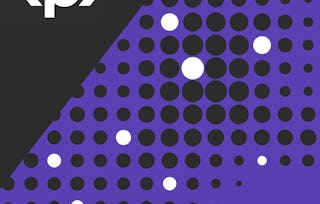This course features Coursera Coach!
A smarter way to learn with interactive, real-time conversations that help you test your knowledge, challenge assumptions, and deepen your understanding as you progress through the course. In this comprehensive course on microservices, you will learn the key concepts and techniques required to design, communicate, and manage data effectively in microservices architectures. The course walks you through decomposition patterns, communication styles, and database management strategies. You'll explore how to break down monolithic systems into modular microservices, with an emphasis on scalability, fault tolerance, and performance. Key decomposition patterns like business capabilities, subdomains, and Domain-Driven Design (DDD) will help you structure your microservices effectively. The course covers various communication methods, from synchronous and asynchronous to RESTful APIs, GraphQL, and gRPC. You’ll learn when to use each communication style, how to design APIs, and how to address common challenges like API versioning, inter-service communication, and network traffic load. Additionally, we will explore advanced communication patterns with API gateways and asynchronous messaging, helping you optimize the flow of information across your system. Ideal for software architects, developers, and engineers, this course will teach you how to design scalable and resilient microservices architectures, covering everything from foundational principles to the most advanced practices. This course is best suited for those looking to refine their understanding of microservices and gain the skills to build high-performance distributed systems. The course does not require previous experience in microservices, but a basic understanding of software architecture and design patterns will be helpful.



















